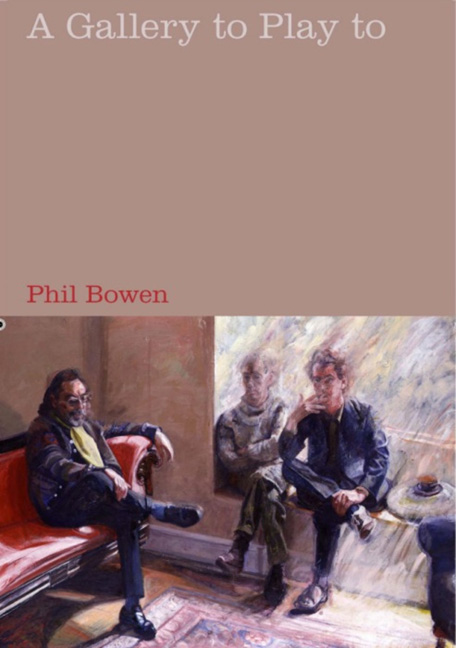Book contents
- Frontmatter
- Dedication
- Contents
- Author's Note
- Acknowledgements
- Introduction
- The Fifties and the Beginning of the Liverpool Scene
- Roger McGough 1937–1958
- Adrian Henri 1932–1956
- Liverpool 1957–1961
- Brian Patten 1946–1961
- 1961–1968
- The End of the Sixties
- The Seventies
- The Eighties
- The Nineties
- The Noughties
- Bibliography
- Index
The Eighties
- Frontmatter
- Dedication
- Contents
- Author's Note
- Acknowledgements
- Introduction
- The Fifties and the Beginning of the Liverpool Scene
- Roger McGough 1937–1958
- Adrian Henri 1932–1956
- Liverpool 1957–1961
- Brian Patten 1946–1961
- 1961–1968
- The End of the Sixties
- The Seventies
- The Eighties
- The Nineties
- The Noughties
- Bibliography
- Index
Summary
‘… a city in need of ambassadors …’
In Britain, only pre-dawn travellers immediately heard the BBC Overseas Service's announcement that John Lennon had been shot outside his New York apartment. Two hours earlier, Mark David Chapman surrendered his signed autograph book and his. 38 calibre revolver, and was taken into custody. The shock, when the rest of the country awoke on Saturday 9 December 1980, had the effect of releasing a vast simultaneous emotion for the many still in thrall to the Beatles’ music. There was suddenly something very urgent to talk about for anybody who still held those times as a refuge from the recent decade where both violence and lassitude had gained so much currency. Not since John Kennedy was assassinated had so many strangers spoken, so many old friends rung each other reminding themselves about where they were when they first heard Love Me Do or who they were in the summer of 1967. Above all perhaps they reminisced about that inclusive spontaneity and mosaical joy of Sergeant Pepper's Lonely Hearts Club Band, countered by that feeling of where-did- it-all-go-wrong on watching the concert on the roof. Not for some time had so many stretched their memories for affectionate anecdotes concerning John, Paul, George and Ringo.
On Sunday in Liverpool over 30,000 people filled the plateau of St George's Hall. Appropriately so, as its designer Harvey Lonsdale Elmes was only twenty-three when it was built, and the neo-classical building is perhaps the finest example of Liverpool's belief in the possibilities of youth. But there's always one though isn't there? In this case a drunk in the Crown Hotel, in sole blissful charge of the city's characteristic sarcasm: ‘I could understand it if it was Ken Dodd’.
Across the same arena Adrian Henri remembered John and Paul, Stuart Sutcliffe, Rod Murray and Thelma Pickles, with their carnival floats built for Allan Williams's Mersey Arts Ball in the summer of 1959. In the labyrinthine streets off neighbouring Whitechapel, Mathew Street had never known a Sunday quite like it. Beneath Arthur Dooley's overhead sculpture, honouring ‘Four Lads Who Shook the World’, wry and tender images – straight out of one of Henri's poems – came alive in the form of love notes attached to the damp walls, flowers in the dirt blowing across littered streets.
- Type
- Chapter
- Information
- A Gallery to Play toThe Story of the Mersey Poets, pp. 129 - 150Publisher: Liverpool University PressPrint publication year: 2008



